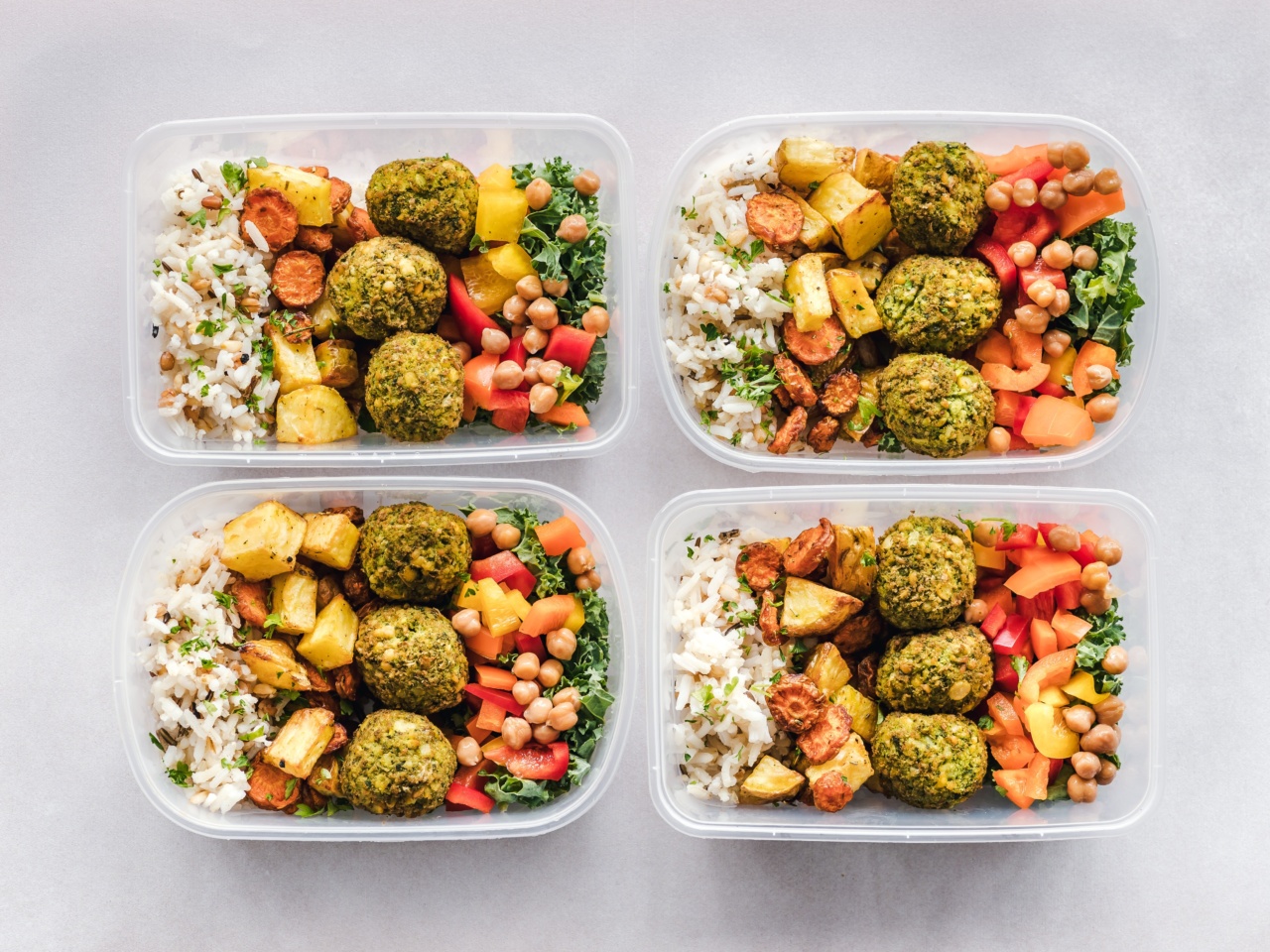There are plenty of ways to trim down and lose weight, some of which aren’t always the healthiest. Many people go through extreme diets or weight loss programs that leave them feeling drained, sad, or even sick.
However, you can lose weight with ease and without depriving yourself from the foods and nutrients your body needs to be healthy. Here are ten tips for trimming down the easy and healthy way.
1. Cook your food at home
When you cook your meals at home, you have complete control over the ingredients and the portions. The meals you cook at home are generally healthier than the ones that you eat out, which often contain hidden calories, fat, salt, and sugar.
When you cook at home, you can choose healthier ingredients, such as fresh vegetables, lean meats, and whole grains.
You can also experiment with different methods of cooking, such as grilling, baking, or stir-frying, to make your meals more flavorful and satisfying.
2. Increase your water intake
Drinking plenty of water can help you lose weight in a healthy and natural way. Water helps flush out toxins and waste from your body, which can lead to bloating and water weight gain.
It also helps you feel full and satisfied, which reduces your hunger cravings and helps you avoid overeating.
Make a habit of drinking at least eight glasses of water per day. If you find water too bland, you can add some slices of lemon or lime to give it a refreshing and flavorful taste.
3. Choose healthy snacks
Snacks can be a healthy part of your diet when you choose the right ones. Instead of reaching for processed snacks that are high in sugar, salt, and fat, go for natural snacks that are rich in fiber and protein.
These snacks can help you feel full and satisfied between meals, which reduces your overall calorie intake.
Some healthy snack options include fresh fruits, nuts, seeds, and yogurt. You can also prepare your own snacks, such as energy bars, granola, or trail mix, to have on hand when you’re on the go or at work.
4. Increase your protein intake
Protein is an essential nutrient that is needed for building and repairing tissues in your body. It also helps you feel full and satisfied, which reduces your hunger cravings and helps you avoid overeating.
Increase your protein intake by including lean meats, poultry, fish, eggs, and legumes in your diet. You can also supplement with protein powders or bars if you’re trying to build muscle or lose weight.
5. Cut back on processed foods
Processed foods, such as chips, cookies, crackers, and frozen meals, often contain high amounts of sugar, salt, and fat, which can lead to weight gain and other health problems, such as high blood pressure and heart disease.
Limit your intake of processed foods and choose whole foods instead. Whole foods are fresh, unprocessed, and nutrient-dense, such as fruits, vegetables, whole grains, and lean proteins.
6. Exercise regularly
Exercise is key to losing weight and maintaining a healthy body weight. Regular exercise helps burn calories, build muscle, and increase your metabolism, which all contribute to weight loss.
Find an exercise that you enjoy, such as walking, running, swimming, or biking, and try to do it at least three to five times per week. Start slowly and gradually increase your intensity and duration as your fitness level improves.
7. Practice mindfulness
Mindfulness is an important practice that can help you lose weight and maintain a healthy lifestyle. Mindfulness helps you become aware of your thoughts and feelings, which can help you make better choices about what and how much you eat.
You can practice mindfulness by eating slowly, savoring your food, and paying attention to your hunger and fullness cues. You can also meditate, do yoga, or journal to help you become more mindful in your everyday life.
8. Get enough sleep
Sleep is essential for weight loss and overall health. Lack of sleep can lead to weight gain, as it disrupts your metabolism and hormone levels, which can increase your appetite and cravings.
Aim to get at least seven to eight hours of sleep per night. Create a sleep-friendly environment by keeping your bedroom dark, quiet, and cool, and avoid using electronics before bedtime.
9. Keep a food diary
Keeping a food diary can help you become more aware of what and how much you eat. It can also help you identify your triggers or patterns of overeating.
Record what you eat and drink, how much, and when. You can also track your emotions, hunger, and fullness levels. Use an app or a notebook to make it easy and convenient for you.
10. Don’t stress over perfection
Finally, don’t stress over achieving perfection. Weight loss is a journey, not a destination, and it requires patience, consistency, and self-compassion.
Set realistic goals and be kind to yourself when you slip up. Remember that small changes can make a big difference over time.
Conclusion
Losing weight doesn’t have to be complicated or difficult.
You can lose weight in a healthy and natural way by cooking your meals at home, increasing your water intake, choosing healthy snacks, increasing your protein intake, cutting back on processed foods, exercising regularly, practicing mindfulness, getting enough sleep, keeping a food diary, and not stressing over perfection.





























